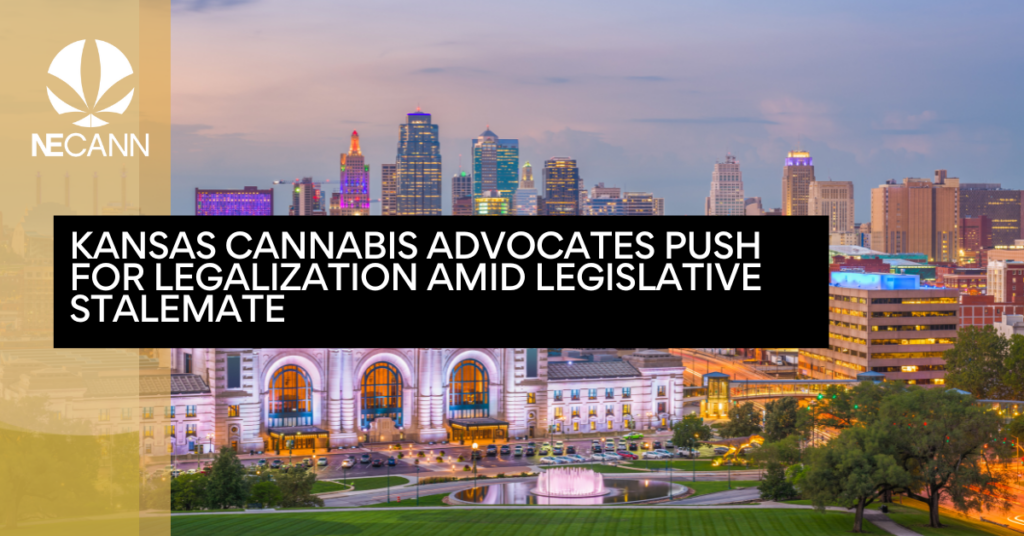As U.S. Congress continues to sidestep a unified approach to cannabis laws, c remains a stronghold of prohibition, despite the growing trend toward legalization in neighboring states. Selders, a Prairie Village City Council member, has struggled to convince local officials to decriminalize cannabis in her area of Johnson County. This frustration led her to form the Cannabis Justice Coalition, a bipartisan group aimed at holding politicians accountable and pushing for reform.
The Coalition’s agenda focuses on educating voters and pressuring state legislative candidates to support “fair and equitable” cannabis laws in Kansas. The group is also engaged in advertising campaigns and endorsing candidates in the upcoming November elections.
“It is time to be looking at pure recreational legalization of cannabis in the state of Kansas,” Selders said. “Democrats, Republicans, Libertarians—they want to see this fully legalized. It’s been held hostage by political rhetoric.”
Barry Grissom, former U.S. Attorney for Kansas and a board member of the Coalition, emphasizes the economic, health, and financial benefits of legalization. He criticizes the state’s continued enforcement of cannabis laws, arguing that it wastes taxpayer resources and detracts from efforts to combat serious crime. “It’s bad public policy and it’s foolish,” Grissom said, advocating for a shift in focus to more pressing criminal matters.
Grissom and Selders, speaking from a Prairie Village restaurant near the Missouri border, highlight the irony that Kansans are crossing state lines to access legal cannabis. Missouri’s Amendment 3, passed in 2022, legalized recreational marijuana for adults 21 and older, setting a precedent for Kansas to follow.
Kansas lacks a mechanism for residents to place issues on statewide ballots, leaving cannabis decisions to the legislature and governor. While Governor Laura Kelly has supported medical marijuana, she argues that the state is not yet ready for recreational legalization.
“I think she’s five years off the mark on that,” Selders countered. “Seeing the success of Missouri and Colorado, we know that we can absolutely do this in Kansas.”
Grissom suggests that Kansas lawmakers could simplify the process by studying successful statutes from other states and creating a bill tailored to Kansas’s needs. “You can take the best of what they’ve done and learned from any mistakes,” he said, recommending a regulatory approach similar to that of alcohol.
In the 2024 legislative session, a proposed bill for a five-year medical cannabis pilot program failed to gain traction due to concerns about its length and monopolistic aspects. Meanwhile, a joint House and Senate committee will meet in October to explore potential cannabis legislation.
Selders fears that the committee might revisit the flawed Wichita-centered medical cannabis bill rather than consider recreational options. She also expressed concerns about the U.S. Department of Justice’s proposal to reschedule cannabis from a Schedule I to a Schedule III drug, which she believes would not advance the Coalition’s goal of full legalization.
“I was disappointed that they didn’t just fully deschedule cannabis,” Selders said. “One of our biggest aspects for the Cannabis Justice Coalition is the criminalization aspect of it, and rescheduling it to Schedule III does nothing for our movement on that.”
As Kansas navigates its path toward cannabis reform, the Cannabis Justice Coalition remains committed to advocating for change and addressing the growing demand for recreational cannabis in the state.
For daily updates on cannabis business news, subscribe to our newsletter.




